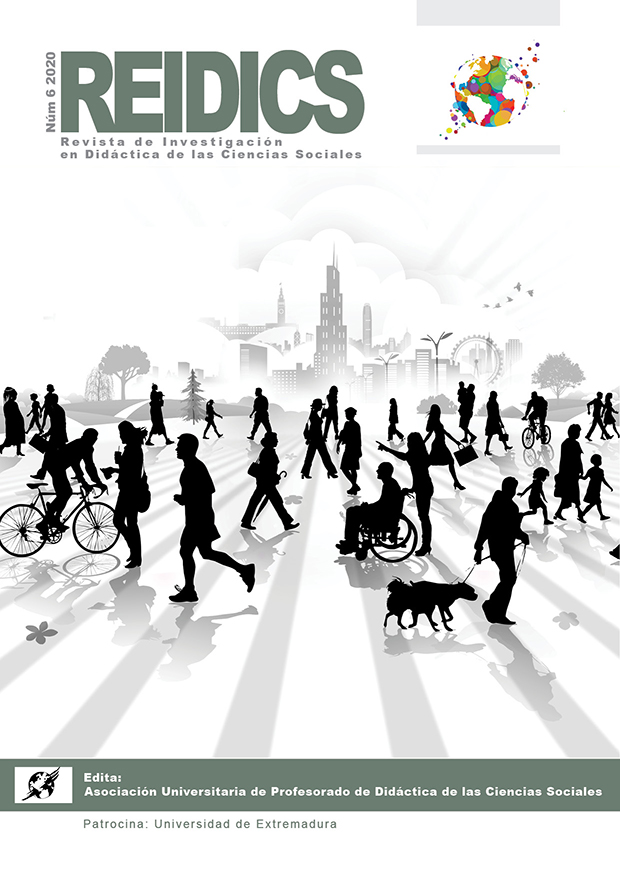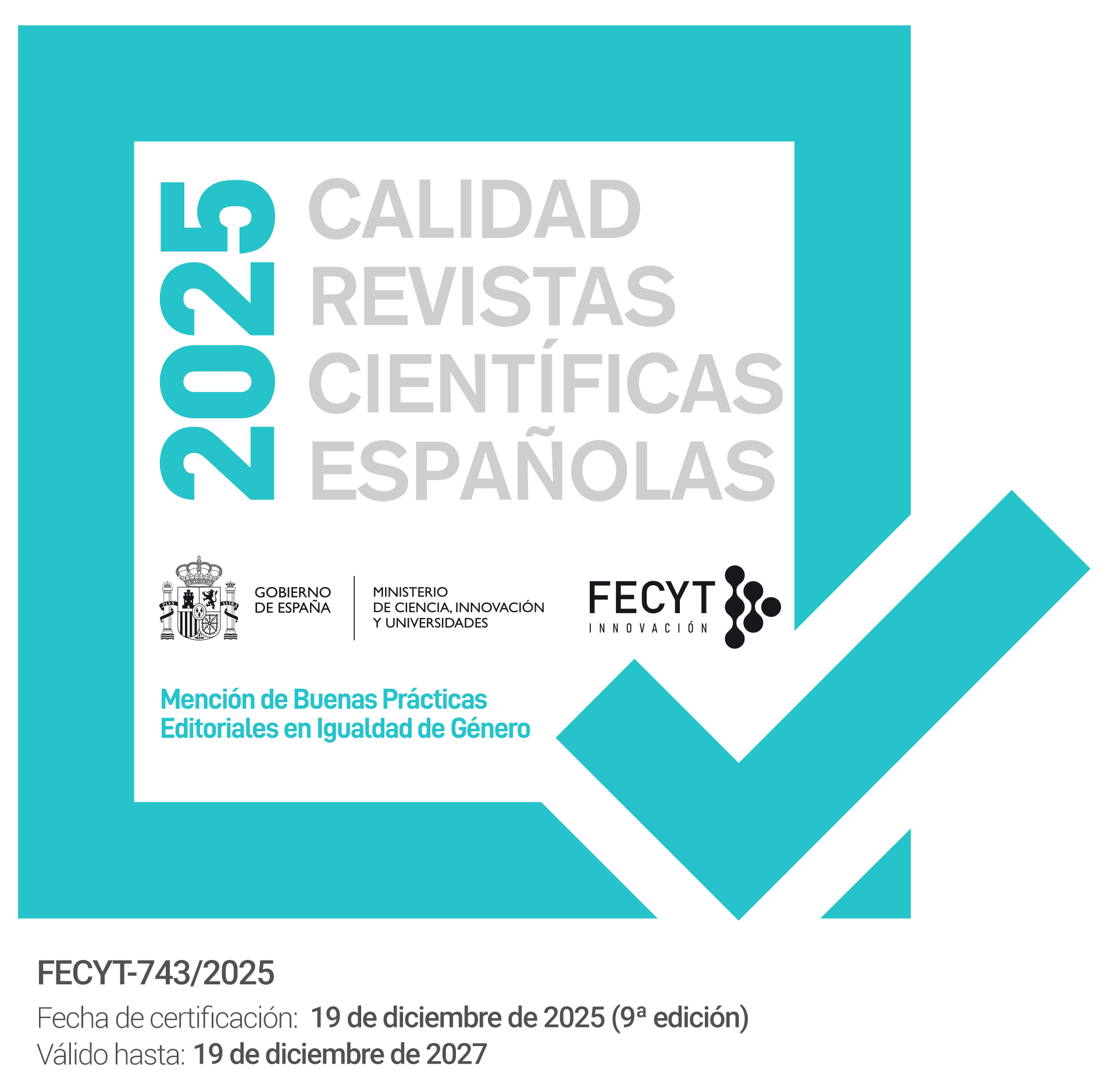Recognition of participative experiences in the school space by teaching Geography, History and Social Sciences
DOI:
https://doi.org/10.17398/2531-0968.06.161Keywords:
student participation, teaching history, citizen education, educational interaction, active learningAbstract
This research seeks to understand the school reality as a social construct that occurs in interaction with others, in experiences of participation and management of the school space. The reality is interpreted from the spatiality understood as a multiplicity of experiences, from the didactics along with the thoughtful processes it offers and from conception liberal and communitarian of citizenship. The development of research is placed in the qualitative tradition, as it characterizes the student experience in a design based on the first cycle of Participatory Research-Action through which it seeks to develop knowledge that allows to understand and transform teaching and learning practices in the area of History, Geography and Social Sciences. The approach of data allows the production of living theory wich corresponds the knowledge gained from a didactic experience in dialogue with the concepts and categories from the bibliography consulted. The results presented give an account of perceptions, possibilities and adversities for teaching decision-making around the school space under a citizen perspective. Proposals for the teaching of discipline and the implications of the recognition of affective processes in the school for the development of participation in students of basic or primary education are concluded.
Downloads
Published
Issue
Section
License
Aquellos autores/as que tengan publicaciones con esta revista, aceptan los términos siguientes:
- Los autores/as conservarán sus derechos de autoría y garantizarán a la revista el derecho de primera publicación de su obra, el cual estará simultáneamente sujeto a la Licencia de reconocimiento de Creative Commons 4.0 BY-NC-SA que permite a terceros compartir la obra siempre que se indique su autor y su primera publicación en esta revista.
- Los autores/as podrán adoptar otros acuerdos de licencia no exclusiva de distribución de la versión de la obra publicada (p. ej.: depositarla en un archivo telemático institucional o publicarla en un volumen monográfico) siempre que se indique la publicación inicial en esta revista.
- Se permite y recomienda a los autores/as difundir su obra a través de Internet (p. ej.: en archivos telemáticos institucionales o en su página web) antes y durante el proceso de envío, lo cual puede producir intercambios interesantes y aumentar las citas de la obra publicada. (Véase El efecto del acceso abierto).
- Los autores y autoras han respetado la política de autoría de esta revista.








